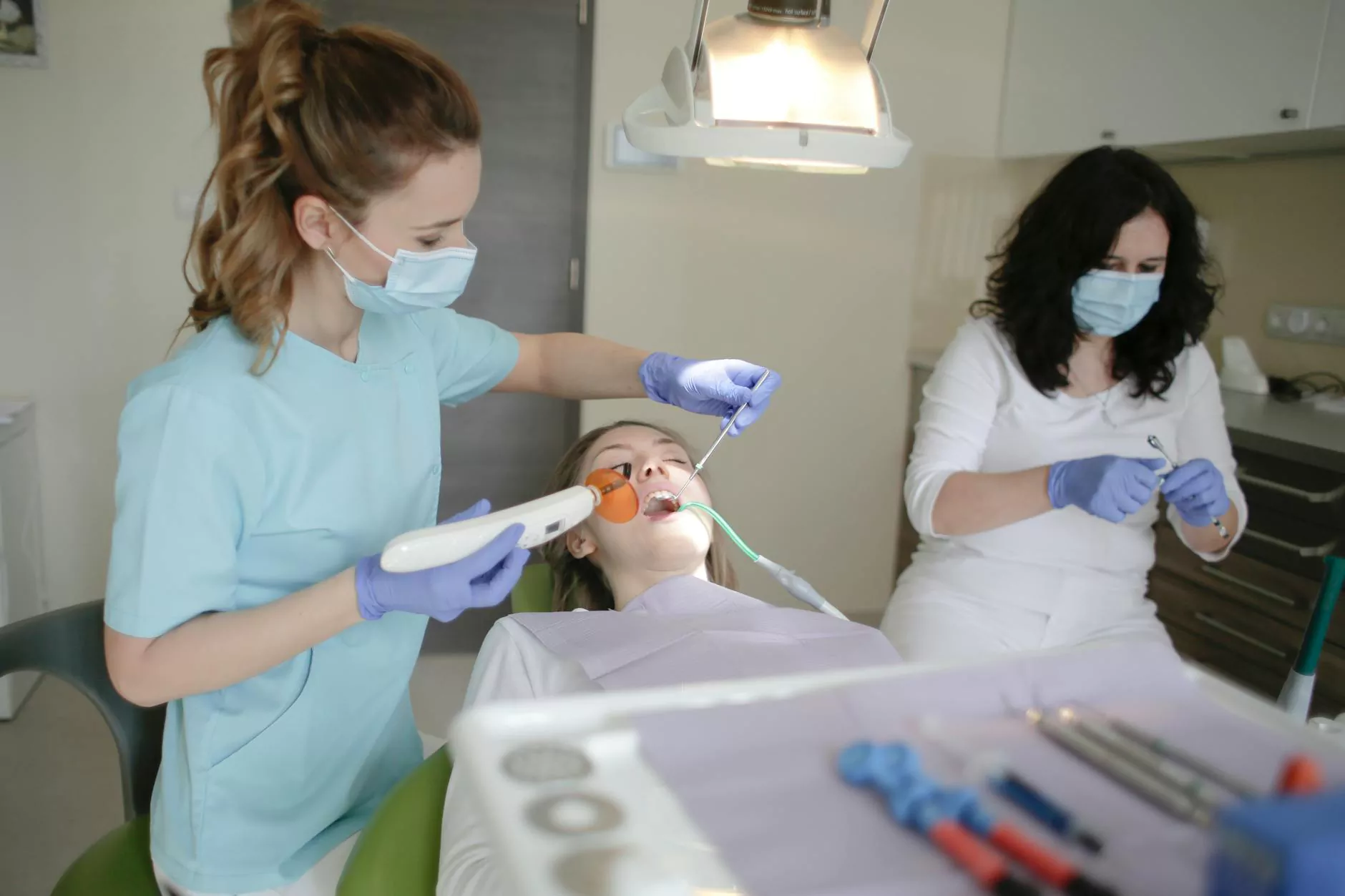Understanding the Role of the Brain in Consciousness

Introduction
Behavioral Health 2000, a leading Health & Medical establishment specializing in Counseling & Mental Health, is dedicated to providing comprehensive services aimed at improving mental well-being. In this detailed article, we will explore the fascinating topic of what part of the brain controls consciousness and its implications for mental health.
The Complexity of Consciousness
The human brain is often referred to as the most complex organ in the body. Its intricate network of billions of neurons enables us to experience consciousness – the state of awareness that allows us to perceive, think, and feel. While consciousness remains a subject of ongoing scientific study, various brain structures are believed to play crucial roles in its control.
The Role of the Prefrontal Cortex
One of the key areas associated with consciousness is the prefrontal cortex. Located in the frontal lobe, this region is responsible for higher-order cognitive functions, decision-making, and self-control. It integrates information from other brain regions and helps create a coherent sense of self and awareness.
The Influence of the Thalamus
Working in close connection with the prefrontal cortex, the thalamus acts as a relay station for sensory information. It channels sensory inputs such as vision, hearing, touch, taste, and smell to the appropriate areas of the brain. This process contributes to the formation of conscious perception and awareness.
The Significance of the Brainstem and Reticular Activating System (RAS)
The brainstem, including the midbrain, pons, and medulla, plays a vital role in regulating consciousness. Within the brainstem, lies the Reticular Activating System (RAS), which acts as a filter for incoming sensory information, determining what reaches our conscious awareness and what remains unconscious.
Consciousness and Mental Health
Understanding the brain mechanisms involved in consciousness is crucial for comprehending mental health conditions. Disruptions to the normal functioning of the brain areas associated with consciousness can lead to various mental health disorders.
Implications for Depression
Studies have shown a correlation between depression and abnormalities in the prefrontal cortex. Changes in the prefrontal cortex may impact mood regulation, decision-making processes, and self-perception, commonly observed in individuals with depression. By examining the relationship between consciousness and depression, professionals at Behavioral Health 2000 can provide tailored treatments focused on restoring cognitive balance.
Link to Anxiety Disorders
The thalamus, with its role in sensory information processing, has been implicated in anxiety disorders. Heightened awareness and an exaggerated response to sensory stimuli are often observed in individuals struggling with anxiety. Behavioral Health 2000 employs evidence-based therapeutic techniques to help individuals better manage their anxiety symptoms and regain control over their consciousness.
Consciousness and Substance Abuse
Abuse of substances such as alcohol and drugs can directly impact the brainstem and Reticular Activating System, disrupting consciousness and the ability to process sensory information efficiently. Behavioral Health 2000 offers specialized counseling programs and interventions to help individuals overcome substance abuse and restore healthy brain functioning.
Conclusion
The concept of what part of the brain controls consciousness is a multifaceted topic, intrinsically linked to mental health. The prefrontal cortex, thalamus, brainstem, and Reticular Activating System all contribute to our conscious experience. Understanding the intricate interactions of these brain regions allows professionals at Behavioral Health 2000 to provide effective treatments and support to individuals struggling with mental health disorders.









